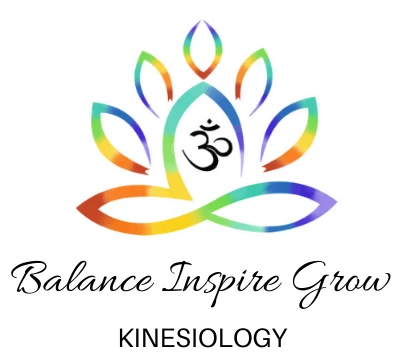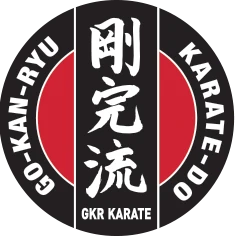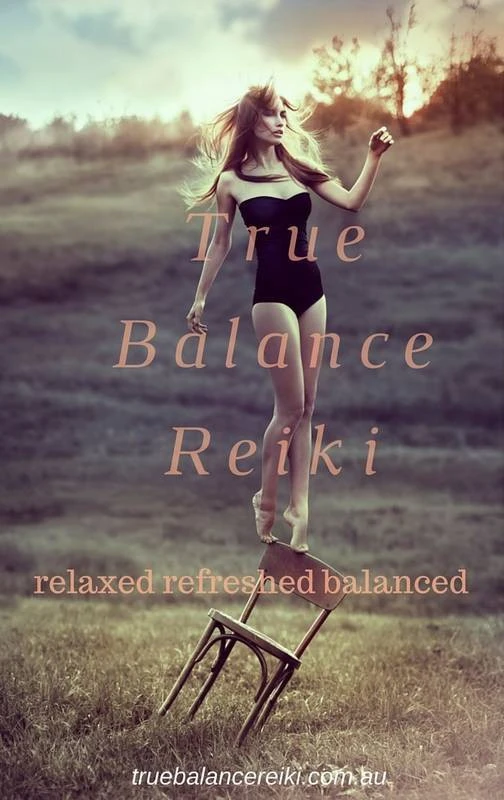
What's the difference between Restorative + Yin Yoga?
In a pose it’s encouraged to let go of muscular involvement to target the deeper connective tissues of the body such as fascia Some schools of Yin will teach Yin as a ‘cold’ practice, done without a warm-up as a way to protect students from going in to the held stretches too deeply In poses, you might be guided through mindfulness techniques to draw your awareness to letting your muscles relax, to target your ligaments, fascia and joints instead Yin might be considered a useful practice for building bone density
Read more
The Role of Massage in Sports Performance and Recovery
Massage isn’t just about relaxation (though that’s a fantastic perk!). For athletes, it’s all about maintaining peak performance and ensuring their bodies can handle the demands of their sport. Think of it as a secret weapon in their training arsenal. There are several types of massage that athletes typically turn to, including Remedial Massage, Sports Massage, and Deep Tissue Massage, each offering unique benefits.
Read moreWhy your hypnotherapist should be trained in counselling
Depending on the issue(s) that you’re coming to hypnotherapy for, there’s a good chance that you will need to also receive counselling support to address the full extent of the problem so that hypnotherapy can be as effective as possible. If this doesn’t happen, it’s unlikely that hypnotherapy alone will be able to successfully treat your problem(s) and in some cases, it can actually make things worse. This article discusses why.
Read more
Hypnotherapy to deal with pain
We are all familiar with medication to deal with pain, however hypnosis is the most frequently cited form of non-pharmacologic cognitive pain control. Hypnosis is an altered state of consciousness. It is where one's attention is focused; this creates an environment in which the brain can process information to bring about beneficial changes in a person. This essay explores how hypnosis can be used for pain.
Read moreAnxiety and stress – what's the difference?
Hypnotherapists often meet clients who say ‘how scared and overwhelmed’ they are when they experience Anxiety & Stress. As part of client therapy, some hypnotherapists make time to explain and clarify what Anxiety & Stress is and how they are linked. It can be important to communicate the differences because this means, clients have an understanding and awareness of what is really happening. It takes away any ‘unknown and associated fears’. This article explores the difference between stress and anxiety, so you can get the best treatment.
Read more
How a massage can help your pregnancy
Pregnancy can often be a confusing time. Physical changes, varying hormonal levels, emotional upheaval can be mixed with feelings of joy and excitement. This article explores how massage can help you to relax, and other ways it can improve your pregnancy.
Read more
OSTEOPATH VS CHIROPRACTOR: WHEN YOU SHOULD USE EACH?
Both osteopathy and chiropractic services can be invaluable complementary medicines alongside professional medical guidance. However, since choosing between them can be a challenge, it’s always advisable to consult either a professional physician/doctor or a local osteopath/chiropractor for more specific guidance on their unique range of services.
Read more
Eye spy a trauma cure
Accredited experts and organisations, including the World Health Organisation are giving the thumbs up to Eye Movement Desensitisation and Reprocessing (EMDR) as a way of treating trauma. Find out why.
Read more
Don't let winter beat your fitness goals
If you are like me, winter is not your favourite part of the year and trying to achieve your fitness goals when it’s cold, is hard work! The shorter days and colder weather definitely challenges my willpower and energy levels to keep working out – but I still manage to get it done... yes staying fit over the winter is that important to me! Become a winter morning warrior with these tips to get out of bed and start your workout routine each morning.
Read more
Preparing for a half marathon (21km) race
Half Marathon season usually runs through the colder months but you should bargain on at least 3 months of training required, even if from a standing start. Literally, you are not running and then you run a half marathon 3 months later. I have run the SMH half marathon and the Blackmores half marathon now a number of times in sub 2 hours, not a great time but OK. As a beginner moving to intermediate running these are my half marathon running tips.
Read more
How to excel in Martial Arts – outside of the Dojo
The problem seems to be that students are not shown the simple idea behind home training. Hours and hours of training at home is not what the instructor is asking of the student. The key to home training comes back to the same idea mentioned at the top of this article, repetition. This can be a simple 15-minute training session at home done daily or even every second day but it’s this repetition that is key!
Read more
The healing sounds of nature
Sounding in nature is one of the most powerful things you can do for your soul. We have all had moments of being outside, at the beach, or in the bush where we have been overwhelmed by the urge to call out, to sing, to scream, to cry or to laugh. This Expert Contribution shares the experience and talks about the benefits.
Read more
About kinesiology and what it does to your body
Kinesiology looks at the body as a whole - Mind, Body and Spirit, as one unit. If there is an imbalance in one area then it’s probably impacting the other areas. Kinesiology, through muscle monitoring allows us to determine where these imbalances are without the need for conscious awareness. This article explains why.
Read more
Meditation For Managing Chronic Pain
Sitting in quiet meditation and allowing the noise of the mind to pass by brings awareness of your own inner strength. In meditation you’re no longer in the midst of all the noise, rather you’re sitting at the boundary observing it. This brings perspective, an understanding of the transience of everything in life, even of negative emotions.
Read more
Unlocking the Passion: Why Australians Love Martial Arts Fitness
Martial arts encompasses a vast array of styles, from karate and taekwondo to Brazilian jiu-jitsu and Muay Thai. Australians love the diversity martial arts offers, allowing them to choose a style that resonates with their personality and goals. This variety not only keeps the workouts exciting but also encourages personal growth as individuals challenge themselves to master new techniques and levels.
Read more
Just breathe – 3 calming techniques for you and your child
Check-in with yourself in this very moment. How are you feeling right now? Take a minute to watch what your breath is doing. If you are relaxed you will find that your breath is slow and calm. If you’re having a difficult day you may find that your breath is short and shallow. Our breath centres how we feel and it influences how we respond to what is happening around us.
Read more
Discover the Health & Recovery Secrets You've Been Missing Out on!
Tracing back centuries, cold water immersion, known in various cultures as cold therapy or cryotherapy, was embraced by ancient civilisations such as the Greeks, Romans, and Egyptians for health and spiritual purification. In Scandinavia, Vikings regarded it as a rite of passage, and in Japan, it became integral to the onsen and samurai traditions.
Read more
What does an Osteopath even do??
We get it. Lots of people don’t really know exactly what we do. First of all, it doesn’t help that our name is a massive misnomer, a relic of the past where bony “alignment” was emphasised far more than what we know to be useful today.
Read more
Build your resilence through exercise
Most of us already know that exercise helps release endorphins which are wonderful mood boosters. But did you know that exercise is a great contributing factor to help you build your mental resilience? Discover how you can build your mental resilience through exercise using these three important tips.
Read more
Fueling Success on the Court: The Role of Nutrition in Basketball
During games and practices, coaches should closely monitor players' hydration levels. Ensure that water breaks are frequent and players have access to water throughout the session. Signs of dehydration should be addressed immediately.
Read more














































